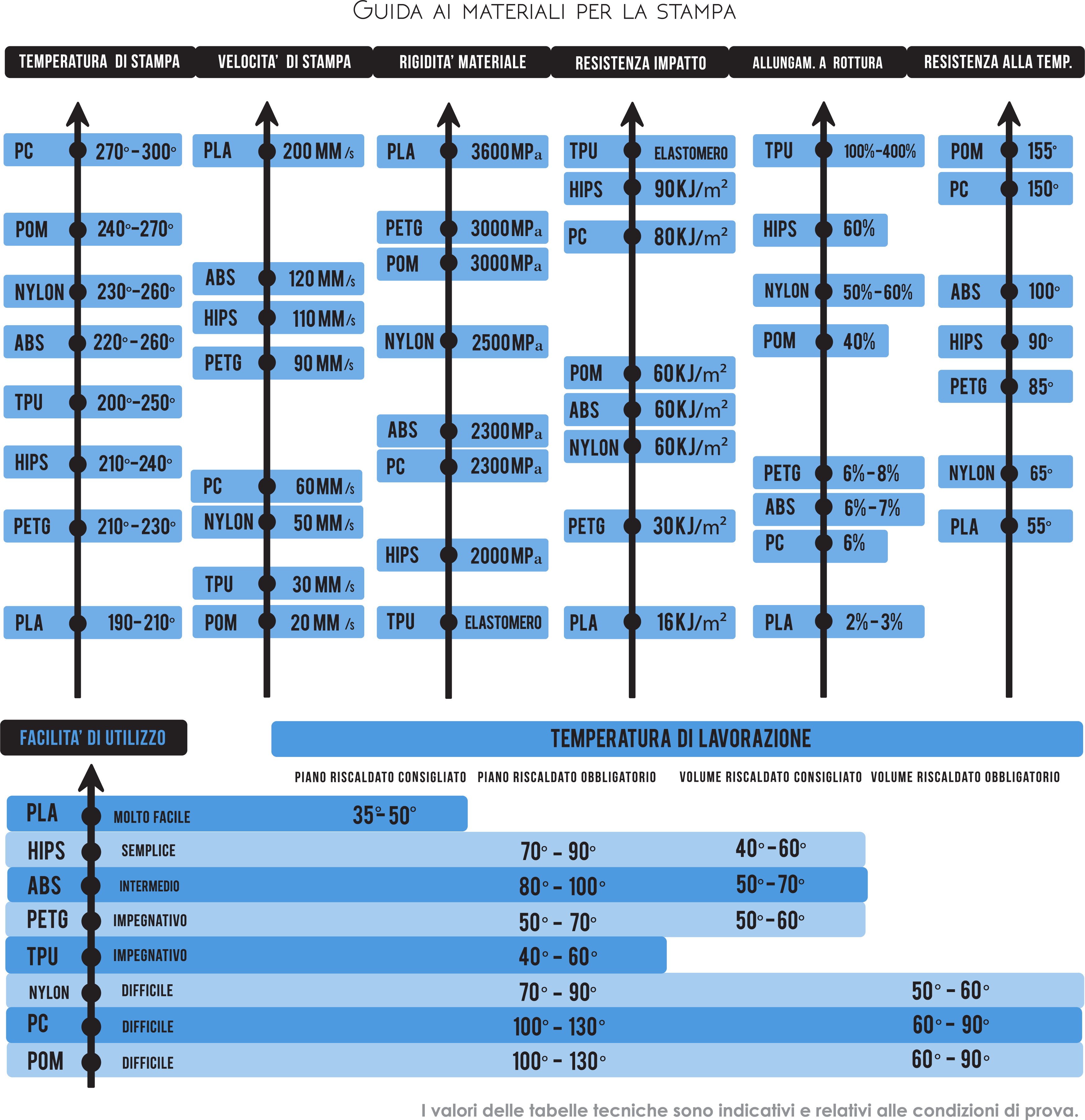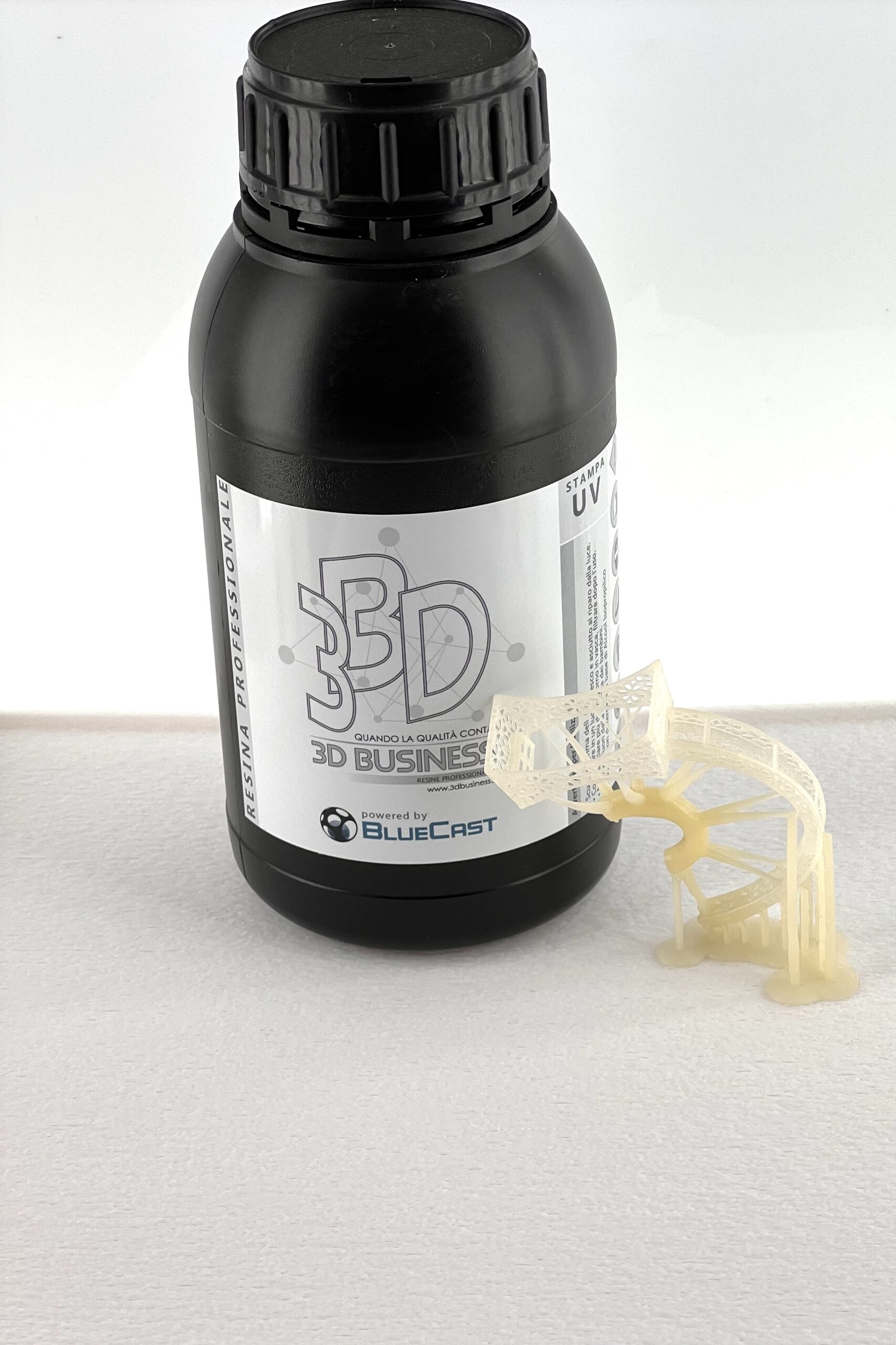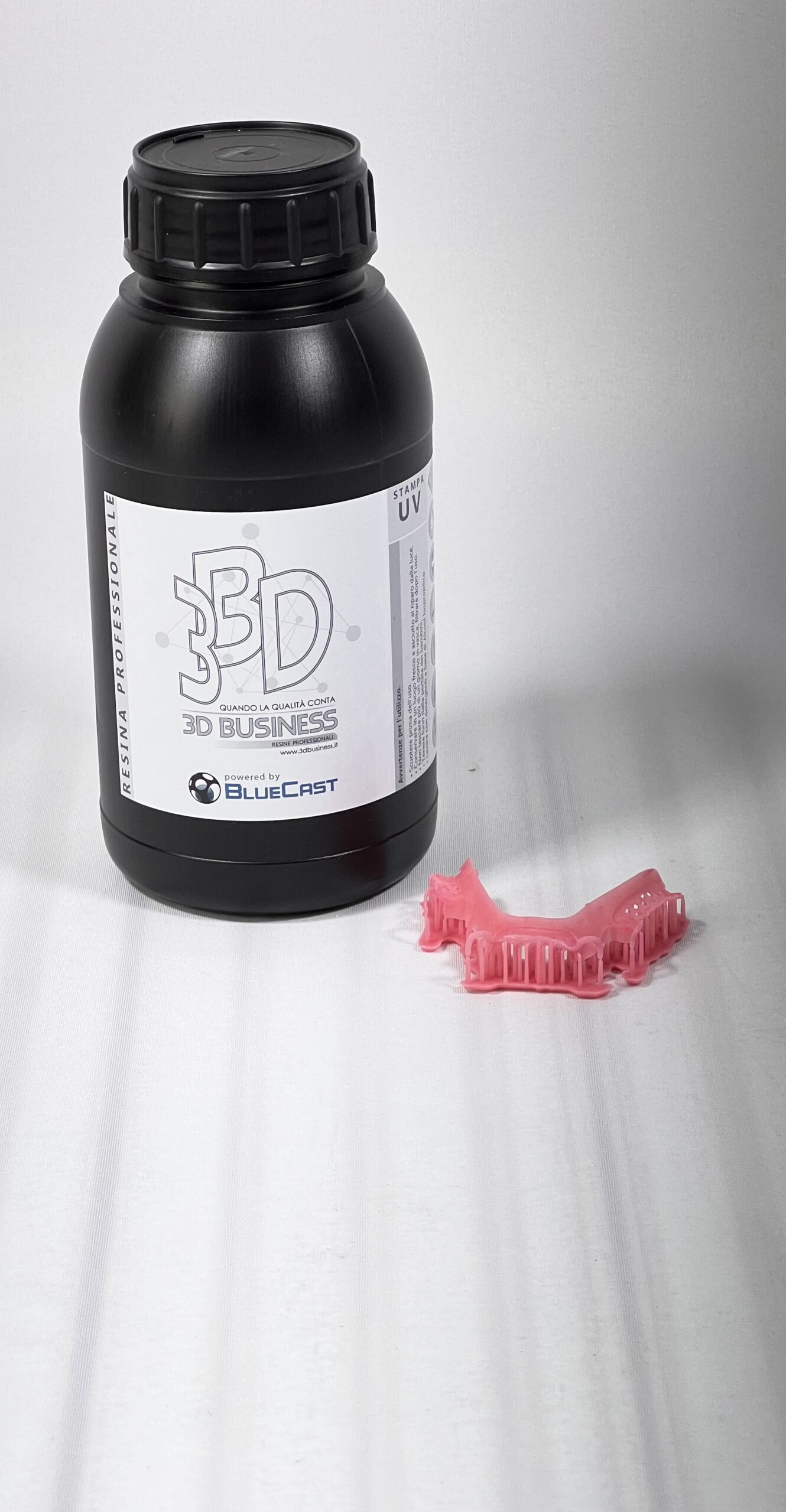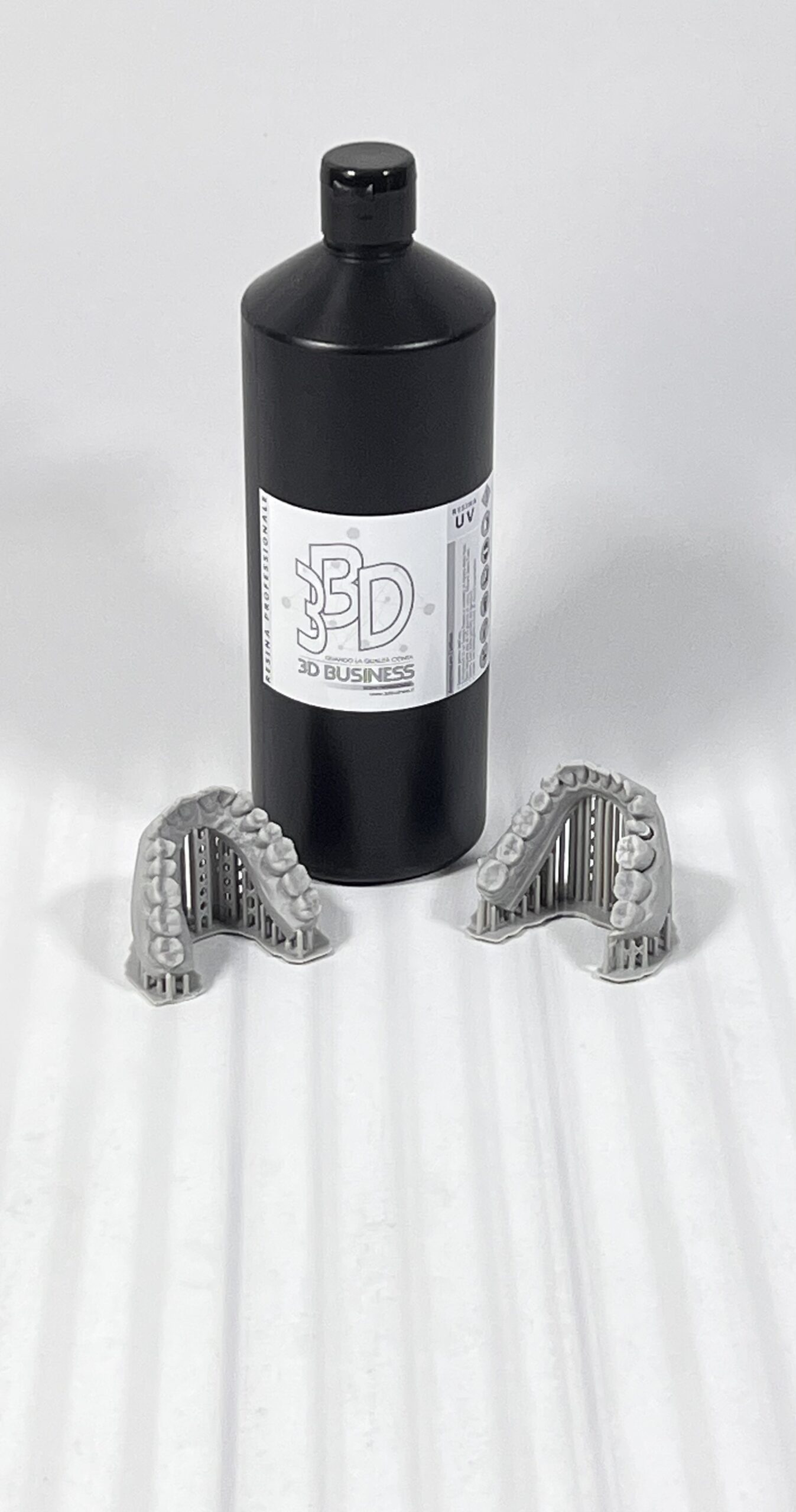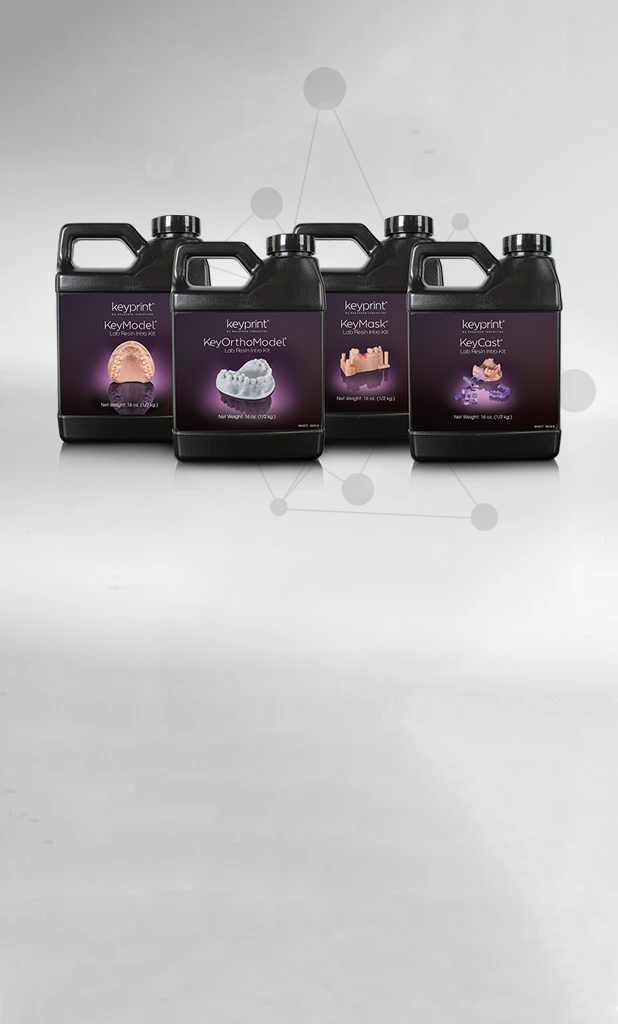A range of professional filaments, all to be discovered.
3D Business products boast a filament range of tangible quality that can guarantee high construction standards for any prototyping project performed with FDM technology. The available fleet of filaments includes PLA, ABS, NYLON, PET as well as specialty filaments such as powder-based metallics, carbon, or glossy and luminescent aesthetic variants. The ever-increasing colors available ensure extreme creative variation according to the nature of your print.
Why do we sell high quality products at low prices?
Our strength is high quality, but also competitive price; how do we achieve this? Simple, we buy the best raw material available in the modial market! PLA from the USA (Natureworks), ABS from Keimei, and the best PET from Japan. The best raw materials available on the market guarantee the best possible product. To keep costs low, spinning takes place in China, so the onerous mixing and drawing process takes place where the cost of skilled labor is low. State-of-the-art machinery and skilled technicians, manage the production process ensuring a maximum error on diameter of only 3 hundredths of a millimeter (0.03mm) and color uniformity between different batches of as much as 99.7 percent. Here’s how we do it.
How do we innovate?
3D Business products boast a filament range of tangible quality that can guarantee high construction standards for any prototyping project performed with FDM technology. The available fleet of filaments includes PLA, ABS, NYLON, PET as well as specialty filaments such as powder-based metallics, carbon, or glossy and luminescent aesthetic variants. The ever-increasing colors available ensure extreme creative variation according to the nature of your print.
FILAMENT – ABS
ABS is a synthetic thermoplastic resin; it is a common thermoplastic polymer used to create lightweight, strong objects such as pipes, musical instruments, automotive body parts and toys. It exhibits good stiffness and toughness at low temperatures down to -40 °C resistance to high temperatures, impacts and nicks. ABS is the ideal Material for industrial FDM printing, by injection, extrusion and thermoforming, it sticks and welds well and can be screwed with self-threading screws.
3D Business ABS ranks high in overall quality, printability, low shrinkage and surface quality. Printing at temperatures between 220°C and 260°C, the heated plate is highly recommended, mandatory for medium to large pieces.
FILAMENT – PLA
PLA is a rigid material and possesses limited temperature resistance, about 60 degrees. It is a biodegradable material and is water-soluble at temperatures above 70-80°C. It can be extruded quickly and easily due to low shrinkage. It has a relatively high density of about 1.2 g/cm3, as well as being slightly shinier to the eye. PLA is extrudable at lower temperatures than other 3D printer materials, is normally processable from 180 to 210°C, does not emit toxic substances to humans, does not require the heated platen, has a shrinkage index of 2-3% at most, particularly suitable for large-format prints, high-speed prints, and for those new to the industry.
3D Business PLA has high color stability even on different batches; it is an extremely versatile material and can be easily used on virtually any printer on the market. PLA3D Business, unlike many commercially available PLAs, proves to be extremely resistant to impact tests, not demonstrating the typical brittle character of this material.
PLA METAL
Data sheet not available.
The METAL filament is derived from classical PLA evolved with the inclusion of metal powder ( based on the reference metal ) to the extent of as much as 40 percent making it a filament that is both beautiful to look at and simultaneously rich in all the properties derived from the powders put in, especially the filament with aluminum, meaning superior mechanical properties. The density of this filament reaches more than three times that of basic PLA due to the massive inclusion of metal powders. Through the adoption of these powders, the printed object acquires both high mechanical properties and a magnificent aesthetic appearance, while retaining the proverbial ease of printing of PLA 3D Business.
The PLA Metal 3D Business family of PLA is characterized by a magnificent aesthetic effect, with a significant specific mass while retaining the prorbial ease of printing of PLA.
PLA WOOD
Data sheet not available.
It is a very special polymer derived from classic PLA but enriched with plant fibers that not only change its basic coloring, but also make it a very absorbent material to the paints typically used in woodworking and finishing. Specially devised print plug-ins such as the one developed for CURA make this filament utterly fascinating: allowing FDM printers variations on the printing temperature layer by layer, giving the printed material all the typical grain patterns of processed wood, in all its color variations. The final effect, of course resounding and fascinating.
3D Business’s WOOD filament features a high percentage of long natural wood fibers and a compound with easy printability and high post-processability even with wood impregnant.
FILAMENT – PETG
Data sheet not available.
PETG, is a polymer derived from polyester and is one of the most widely used thermoplastics in use today. All mineral water bottles are made of PET. In addition, since PET is highly resistant to water and moisture, it is an excellent packaging material for food and especially for beverage bottles. In print it shows itself to be very easy to use, holds its shape well, and can be used to hold food liquids without toxicity problems. Like most PET materials, it offers excellent layer adhesion and thermal stability, and does not produce odors during the printing process; it is also fully recyclable.
3D Business PETG has high mechanical and thermal characteristics, exhibits extremely high surface quality by masking layers very well. Transparent tints have a beautiful sheen, for printing we recommend increasing typical retraction values, enable Z-hop to eliminate stringing. Typical printing temperatures 210°C-230°C, heated platen recommended.
FILAMENT – PETC
High-Tech material for high-level mechanical applications. It is obtained from a polyethylene (polyester) matrix loaded with long carbon fibers; it is called PET-C. It exhibits high stiffness and incredible mechanical strength, which combined with its resistance to high temperatures ( about 95°) make it the ideal product for making mechanical components subject to high stress. This special enriched formulation exponentially enhances the already natural quality of PET, making it perform even better. Notwithstanding the very high mechanical properties this material developed by 3D Business remains simple to print, the only caution is to increase the shrinkage as with PETG. Steel nozzles are recommended for its extrusion.
This material produced exclusively by 3D Business is ideal for those who demand more. It can be printed with a common 3D printer and has an extremely competitive cost per kg.
FILAMENT – NYLON
Nylon is a material known for its strength and toughness, has a low coefficient of friction and a propensity to absorb liquids. Thanks to queata characteristic, it is possible to dye the material with ordinary clothing dye and create objects with wonderful shades.
Nylon 3D Business is characterized by its purity, a material that is not easy to use, requires heated plate and low printing speed, so that extremely durable objects can be made at low cost.
This material produced exclusively by 3D Business is ideal for those who demand more. It can be printed with a common 3D printer and has an extremely competitive cost per kg.
